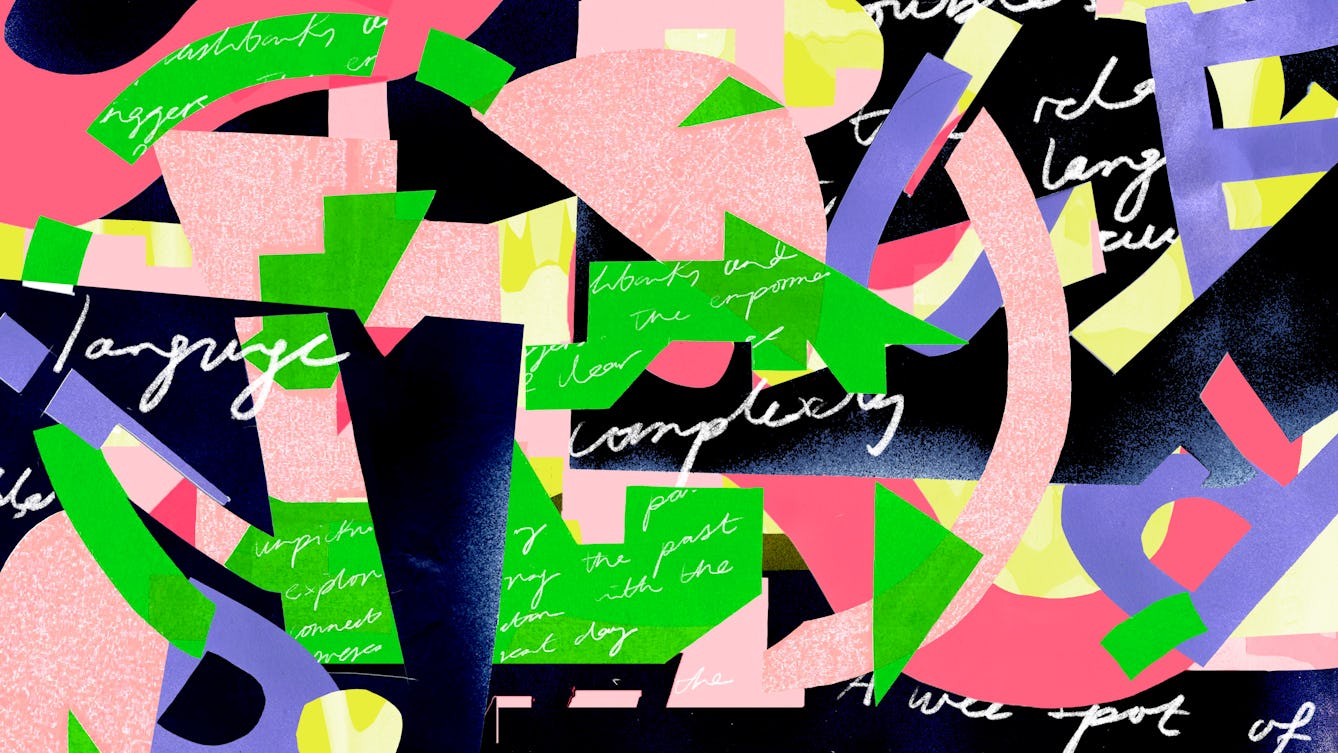
- Article
- Article
A wee spot of bother
Euphemisms can both appear to diminish experiences while at the same time making them easier to talk about. Carrie Hynds, who experienced the latter part of Northern Ireland’s “Troubles”, explores the relationship between language and trauma.

- Article
- Article
Why we need to decolonise the skies
Astronomer Dr Tana Joseph explores how rethinking way we look at the stars could improve our relationship with our own planet and make it a healthier place to live.

- Article
- Article
Succumbing to stimming in dance
As a child, Susanna Dye felt ashamed of their need to stim, but has found a way to incorporate these repetitive movements into their creative practice as a dancer and facilitator.

- Article
- Article
Conflicted and confused about lithium
Covid-19 left Laura Grace Simpkins out of work and living back with her parents. She now had time to restart her research into her medication, but was she mad to continue?

- Article
- Article
Thalidomide babies
In a time without scans or antenatal tests, neither medical staff nor parents were prepared for the damage to the foetus caused by the thalidomide drug.

- Article
- Article
Sex work and critical campaigners
When campaigners filmed secretly in the club where she worked, exotic dancer Ella Smith felt frightened and degraded. Here she speaks out about the attack on her livelihood.

- Article
- Article
Words of hope and anger
Author and spoken word poet Penny Pepper remembers her childhood dreams, and speaks out against the barriers society uses to prevent disabled people from fulfilling their potential.
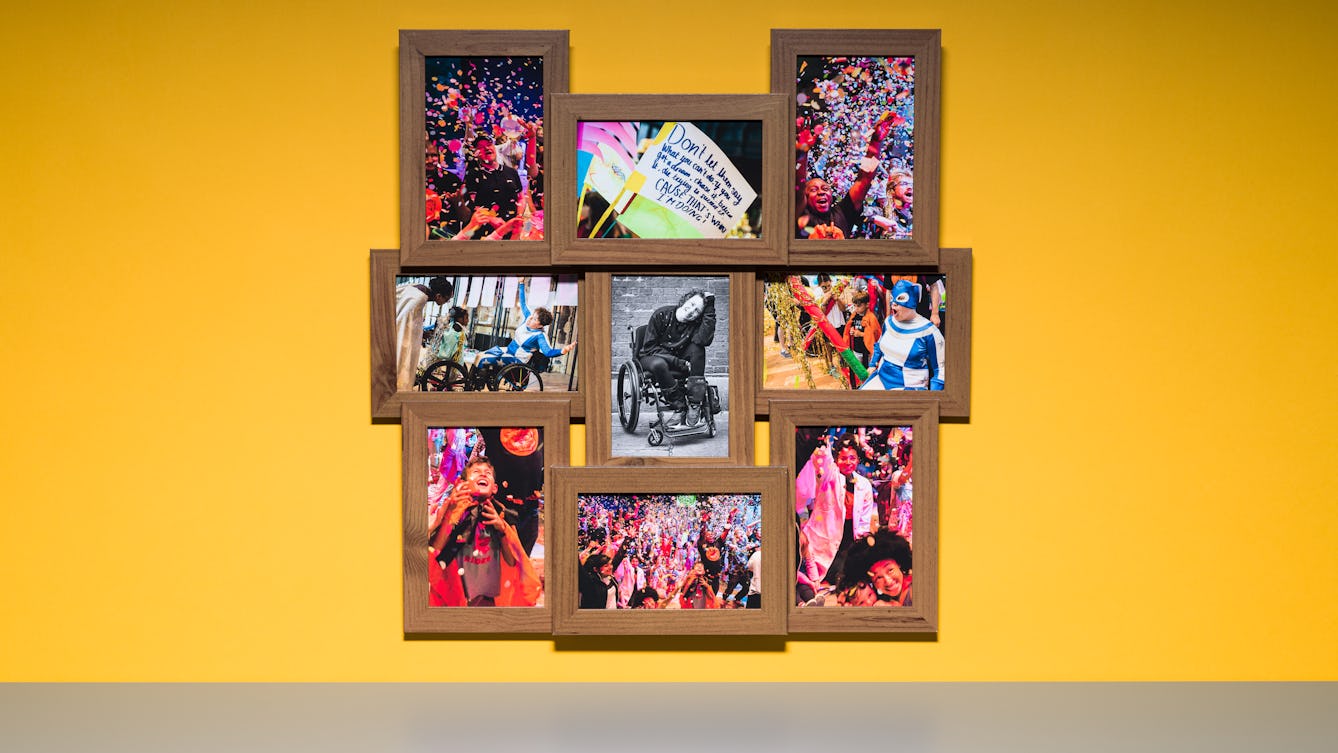
- Article
- Article
Rejecting shame and a decade of change
Jess Thom spent years trying to ignore and suppress the tics of Tourette’s syndrome. Read what happened when she decided to celebrate them instead.

- Article
- Article
When everyday environments become anxious spaces
Social anxiety disorder isolates those who experience it. Part of the solution is to design public spaces with mental health in mind.

- Interview
- Interview
Inside the mind of Somewhere in Between’s curator, Laurie Britton Newell
The exhibition's curator shares her secrets.
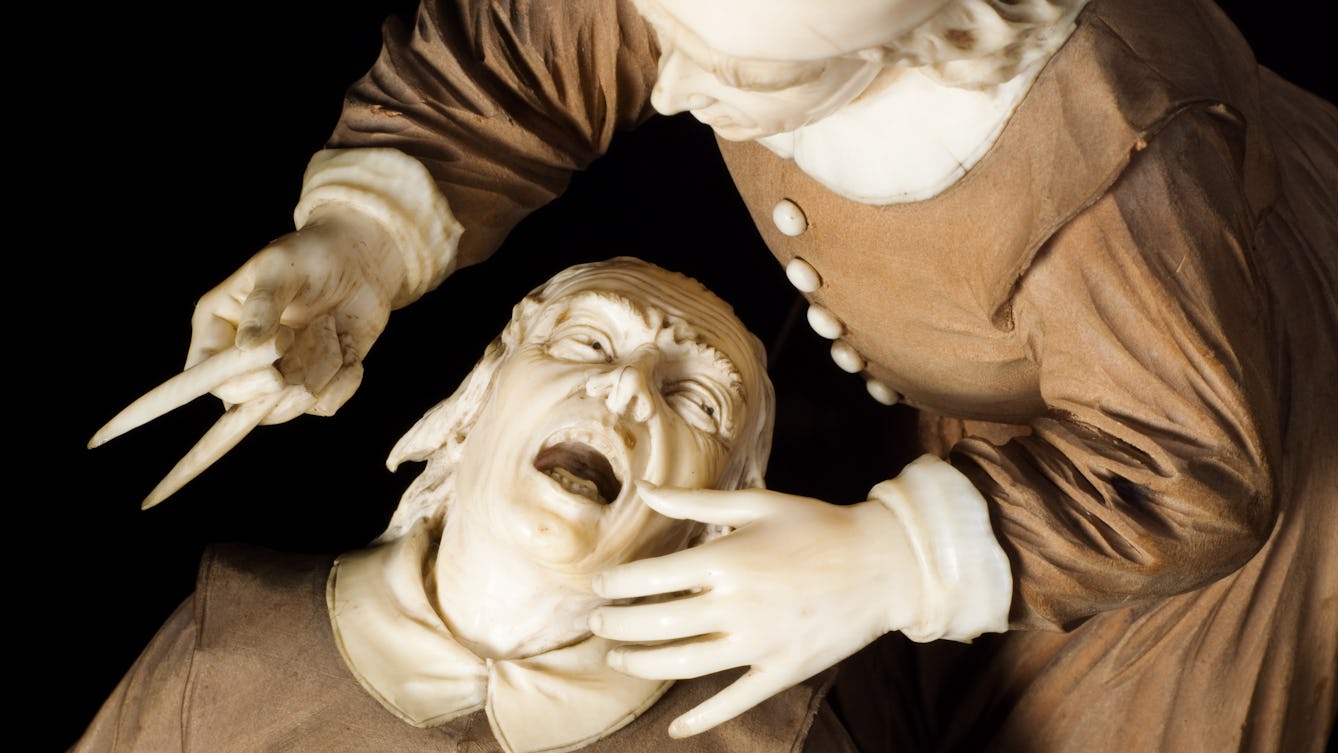
- Book extract
- Book extract
You know the drill
Richard Barnett opens wide the true meaning of a healthy mouth.
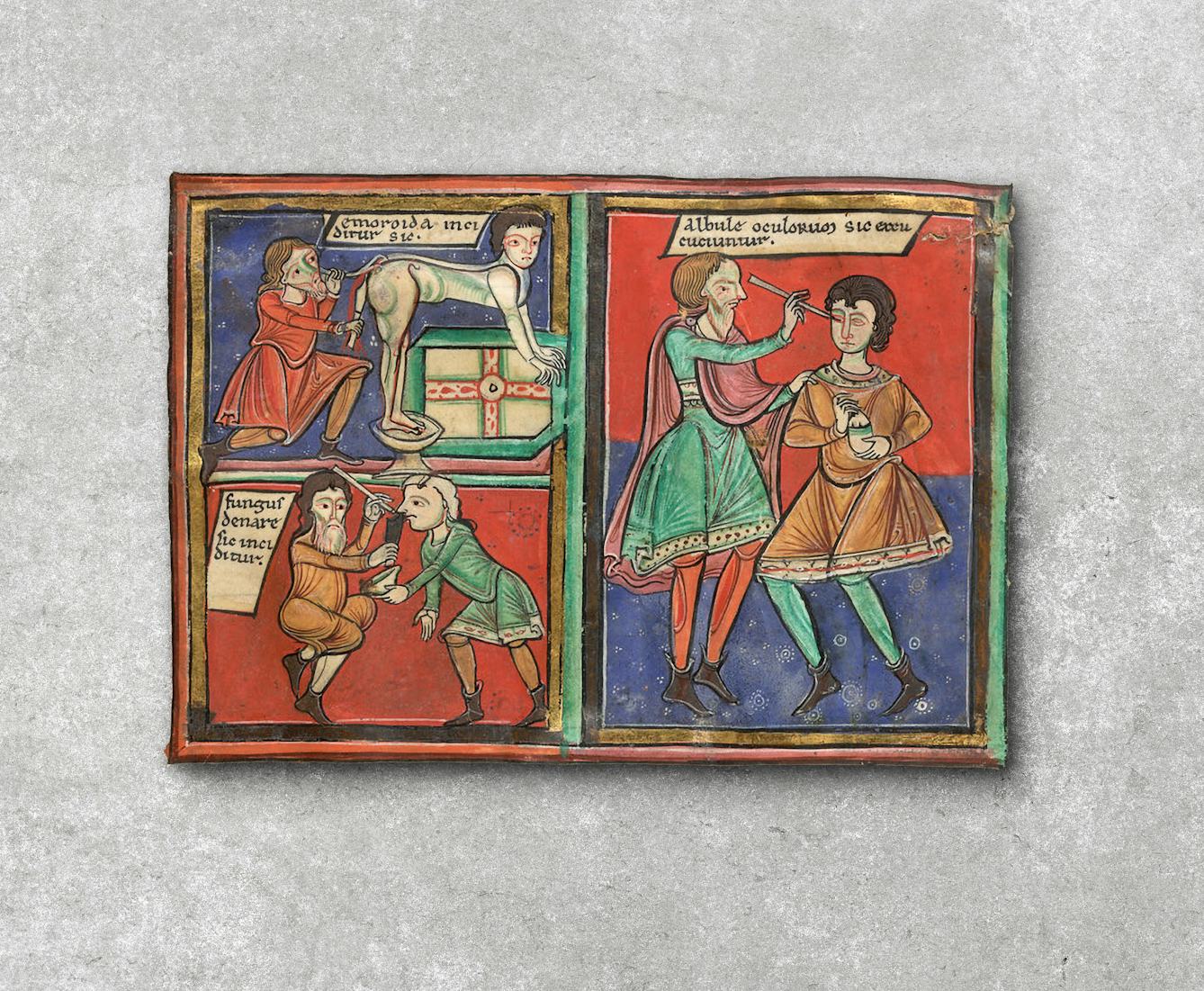
- Article
- Article
Revelations of blindness in the Middle Ages
Medieval texts, from Islamic medical treatises to Christian books of miracles, reveal surprisingly varied and complex experiences of blindness. But when medieval scholar Jude Seal experienced visual impairment themselves, they gained an even deeper understanding of the lives they were studying.

- Article
- Article
A bad atmosphere in the Balkans
The citizens of Belgrade, one of the most polluted cities in Europe, are finally pushing back against the polluters, whose activities they’ve been encouraged to accept.

- Article
- Article
Dress and the magic of touch
Fashion, of course, is largely about appearance, but the feeling of clothes on your skin is a complex sensory experience. Shahidha Bari contemplates the human connections in the business of creating and wearing clothes.

- Article
- Article
Dating on dopamine
Drug treatment for Parkinson’s can come with an unwanted side serving of compulsive behaviour, as Pete Langman discovered. Read about his dating journey in a dopamine cloud.

- Article
- Article
How to play with drunk people
Lower your inhibitions and join Holly Gramazio for fast-paced games made even more fun by alcohol.

- Article
- Article
Bringing biotech to the people
Amateur scientists have inspired all kinds of frightening scenarios, from Frankenstein’s monster to ‘The Fly’ and ‘Breaking Bad’. But it can be a force for good. Today’s DIYbio enthusiasts are having fun – and even making lucrative breakthrough discoveries.

- Article
- Article
Cocaine, the Victorian wonder drug
Today, cocaine has a very poor public image as one of the causes of crime and violence. But for the Victorians it was welcomed as the saviour of modern surgery.

- Article
- Article
Dial ‘S’ for sex
In pre-internet days, phone boxes became a patchwork of ‘tart cards’ offering sexual services. Find out about the clandestine world they hint at.

- Article
- Article
NHS Blue: the colour of universal healthcare
The 1980s and 1990s saw ideas from the world of business infiltrating the NHS, including the introduction of an internal market, followed by a corporate branding exercise.
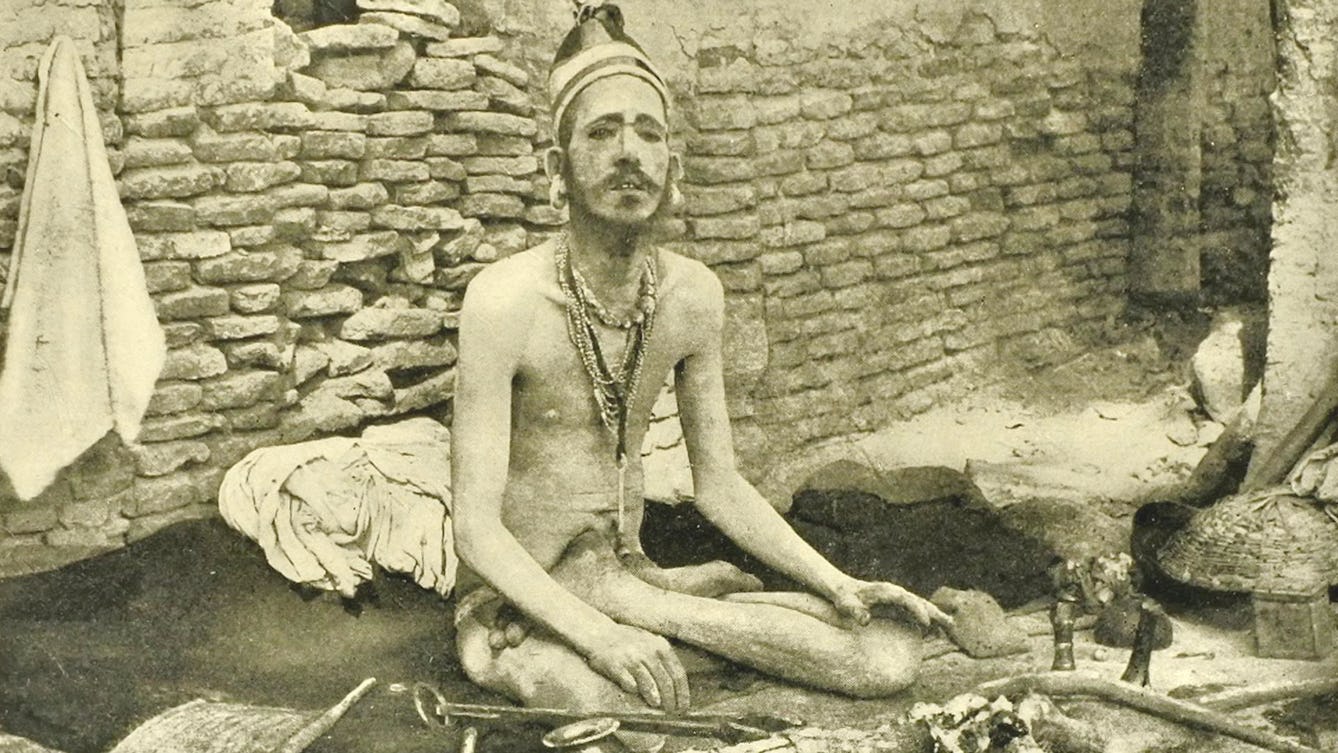
- Article
- Article
The yogi as hermit, warrior, criminal and showman
How the modern world changed the life and reputation of the yogi.

- Article
- Article
How to rehabilitate the concrete jungle
A huge concrete housing estate from the 1960s, now seen as an ecological mistake, is being drastically redeveloped, compounding the environmental errors. Owen Hatherley posits a more creative solution.

- Book extract
- Book extract
Permission to recover
When it comes to illness, sometimes the end is just the beginning. Gavin Francis argues why being given permission to recover is so important.

- Article
- Article
This is a MOOD
Adults might sometimes dismiss teenagers’ ‘moodiness’, but adolescence is a time of complex shifts in brain and body, which are intricately bound up with fluctuating feelings.
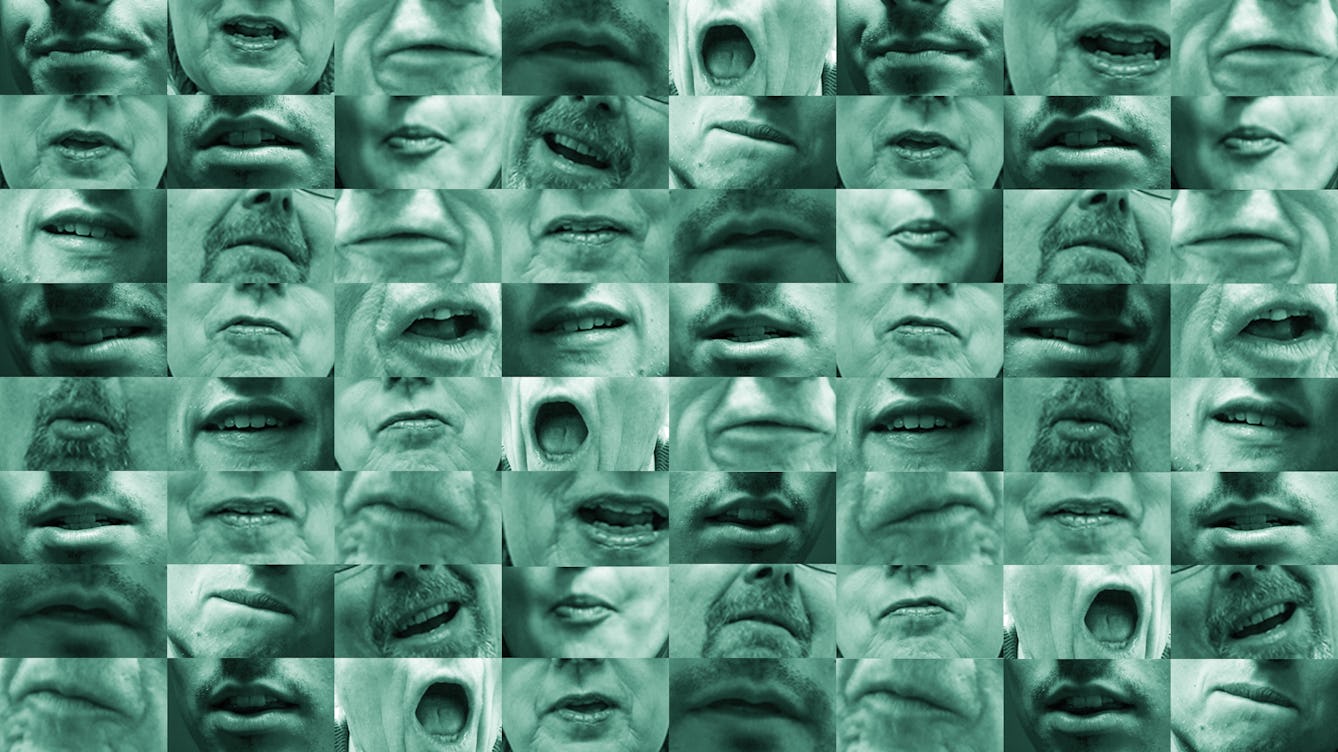
- Book extract
- Book extract
Out of the mouth trap
After 15 years of speech therapy, Jonty Claypole decided to make peace with his stammer. He explores our fear of disfluency, revealing how accepting it could actually increase our creativity and persuasiveness.